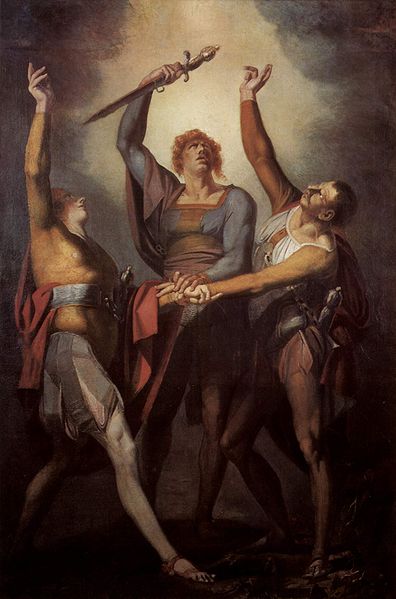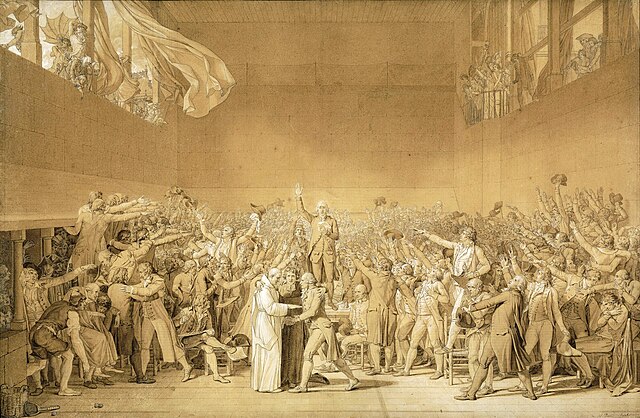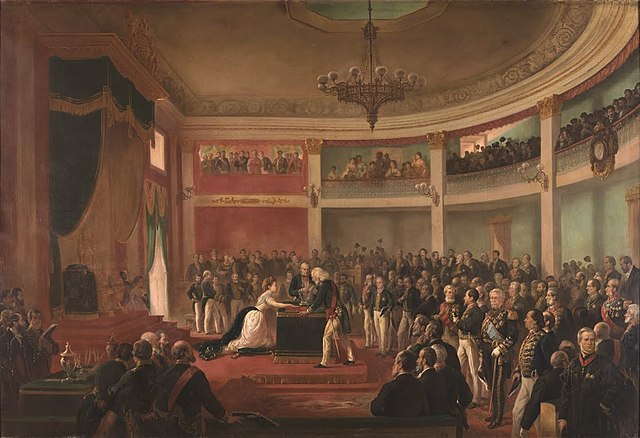The Hippocratic Oath is an oath of ethics historically taken by physicians. It is one of the most widely known of Greek medical texts. In its original form, it requires a new physician to swear, by a number of healing gods, to uphold specific ethical standards. The oath is the earliest expression of medical ethics in the Western world, establishing several principles of medical ethics which remain of paramount significance today. These include the principles of medical confidentiality and non-maleficence. As the seminal articulation of certain principles that continue to guide and inform medical practice, the ancient text is of more than historic and symbolic value. It is enshrined in the legal statutes of various jurisdictions, such that violations of the oath may carry criminal or other liability beyond the oath's symbolic nature.
The Greek physician Hippocrates (460–370 BC), to whom the oath is traditionally attributed
A fragment of the oath on the 3rd-century Papyrus Oxyrhynchus 2547.
A 12th-century Greek manuscript of the oath
An engraving of Hippocrates by Peter Paul Rubens, 1638
Traditionally an oath is either a statement of fact or a promise taken by a sacrality as a sign of verity. A common legal substitute for those who conscientiously object to making sacred oaths is to give an affirmation instead. Nowadays, even when there is no notion of sanctity involved, certain promises said out loud in ceremonial or juridical purpose are referred to as oaths. "To swear" is a verb used to describe the taking of an oath, to making a solemn vow.
Depiction of the legendary Swiss Rütli Oath taken by the representatives of the three founding cantons, declaring unity and freedom in eternal alliance
"Tennis Court Oath" by Jacques-Louis David.
The oath of the provisional triumviral regents of the Empire of Brazil in the Imperial Chapel in 1831, during a period known as the Período regencial.
Isabel, Princess Imperial takes oath as regent of the Empire of Brazil before the Imperial Senate, c. 1870.








